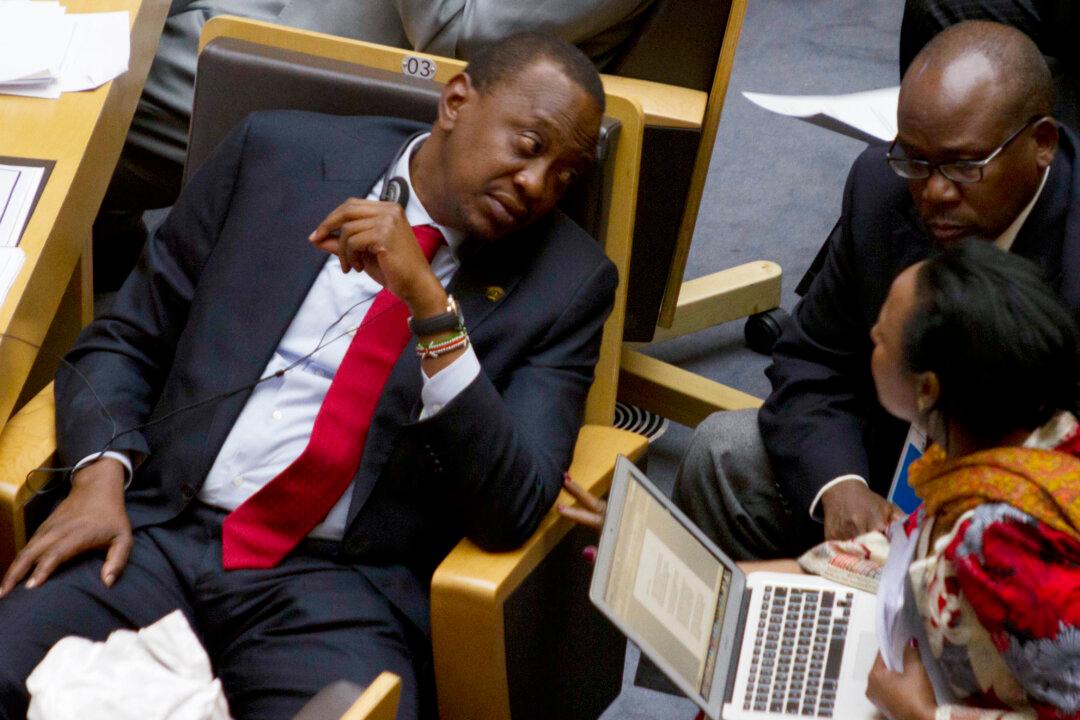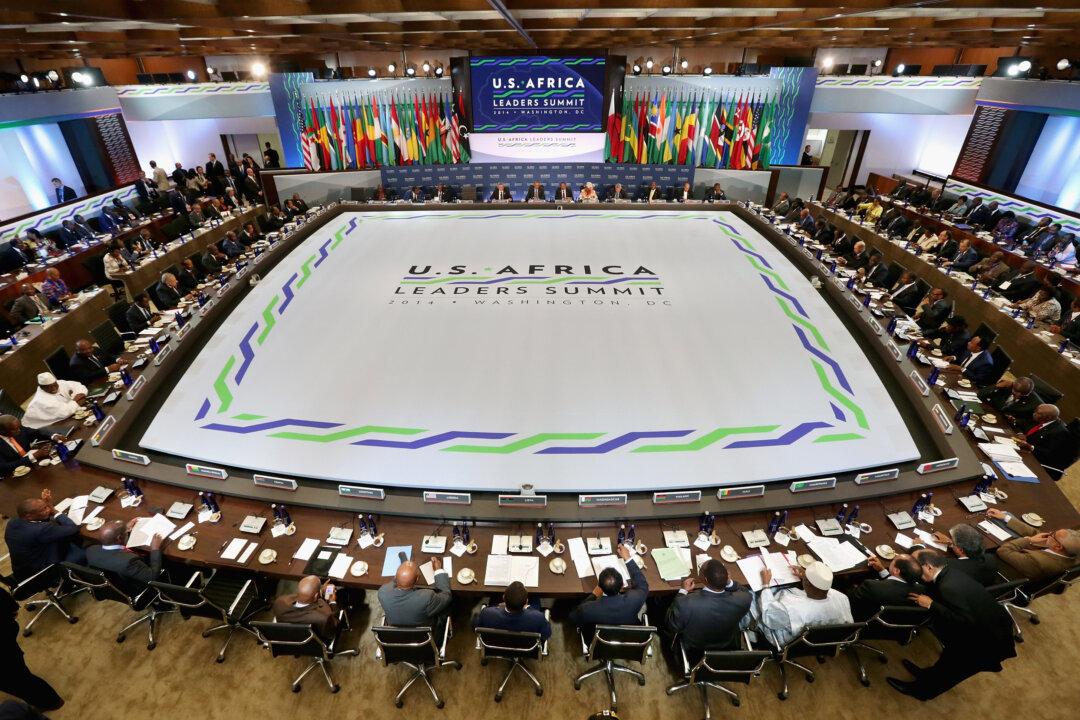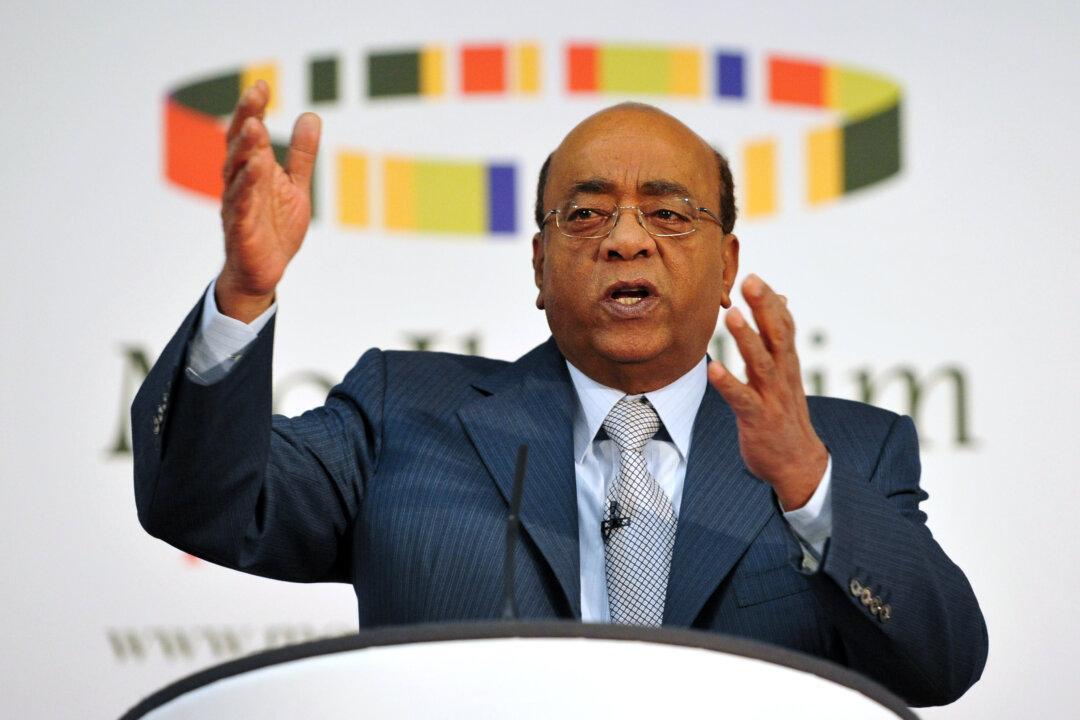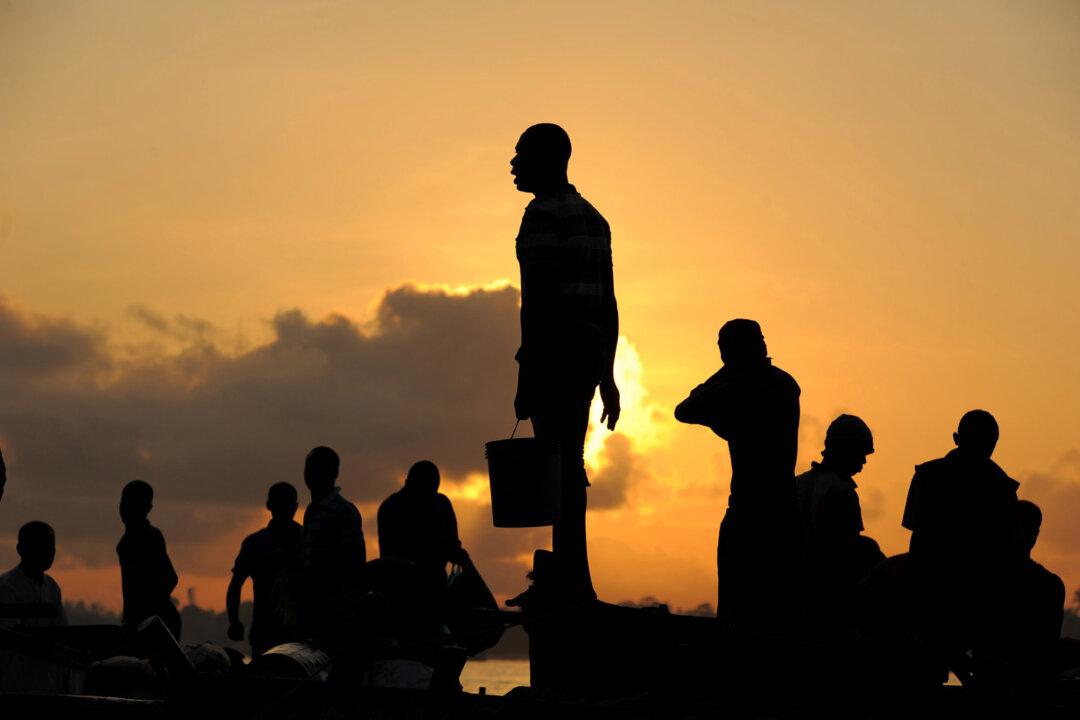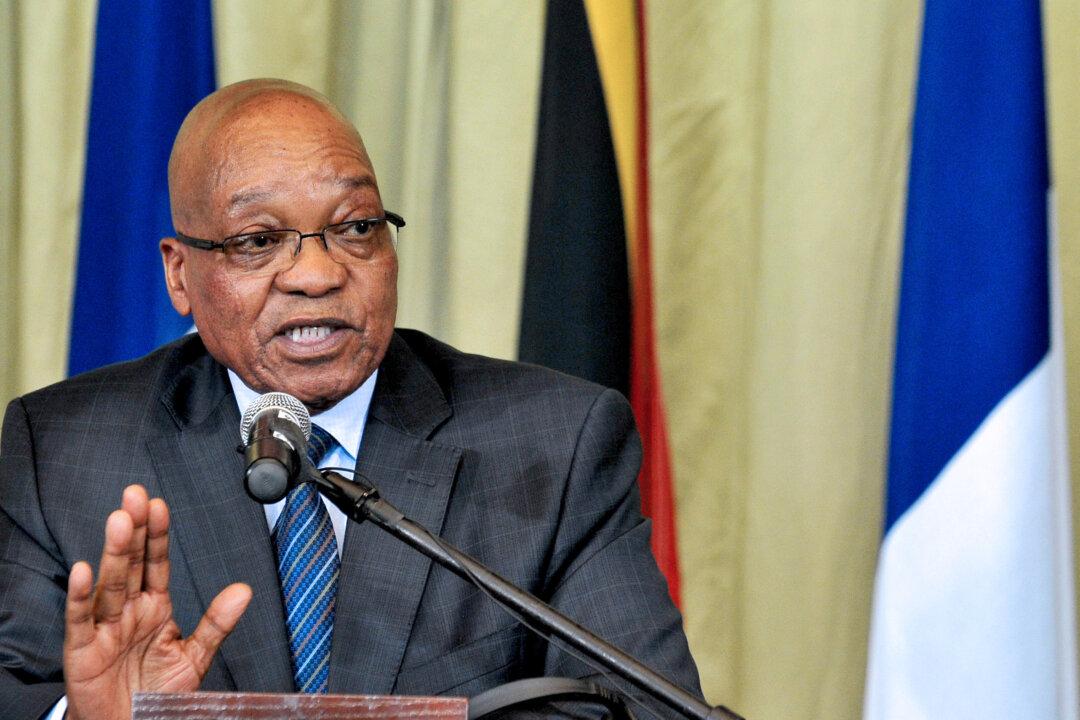Recently, African leaders gathered in Addis Ababa, Ethiopia to discuss pressing issues affecting the continent. Two decisions were widely reported by mainstream media.
First, the African Union (AU) will request the International Criminal Court (ICC) to defer the trial, due to begin next month, against Kenya’s president, Uhuru Kenyatta. The request is based on grounds that Kenya needs Kenyatta in this chaotic time following terrorist attacks at Westgate Mall and that Kenya’s judicial system will deal of its own accord with the 2007–08 riots and prosecute the perpetrators.
Second, the AU has mandated that standing African leaders should be immune from prosecution by the ICC.
Neither decision has any judicial validity or chance of international recognition, de jure (a fancy way of saying “if we play by the book”). However, de facto, both have far-reaching consequences for the political climate in Africa, the likelihood of bringing perpetrators to justice, and avoiding future atrocities.
The ‘They’re Out to Get Us’ Charade
During the summit, African heads of state quickly pointed out that all active cases at the ICC deal with African issues (in Libya, Central African Republic, Darfur, Democratic Republic of Congo, Ivory Court, Kenya, Mali, and Northern Uganda.). What most of these critics forgot to mention was that half of these cases are state referrals (initiated by African regimes seeking ICC counsel and expertise) and two are U.N. Council referrals (investigations initiated after U.N. voting on the matter).
This means that the court’s prosecutor, Fatou Bensouda from Gambia, West Africa, initiated only two cases—the ones in Kenya and Ivory Coast. Additionally, those set to attack the ICC in Ethiopia also failed to acknowledge that even if the ICC had initiated all its investigations of its own accord, there is no reason to deny justice to thousands of victims who died long before any case was discussed at the ICC.
Various African leaders, including Uhuru Kenyatta and Omar al-Bashir, have alluded to the fact that the court is at the service of the former colonial powers still seeking to infringe upon African sovereignty. Or, as Kenyatta stated before the African Union General Assembly: “The ICC has been reduced into a painfully farcical pantomime, a travesty that adds insult to the injury of victims. It stopped being the home of justice the day it became the toy of declining imperial powers.”
The Cards Are Stacked Against Justice
Beyond these shallow political arguments, one cannot help noticing an unfortunate universal pattern. Every time peace and justice are at odds, justice loses because of a nasty little thing called “political realism.”
The vast majority of Western leaders abide by this outlook. World powers have often worked with despicable leaders, turning a blind eye to how they treat their own people because of the “bigger picture” at play.
Mobutu Sese Seko was America’s darling because of his strong anti-communist stance. The same applied to the apartheid regimes in South Africa. When still in office, Condoleeza Rice met with Teodoro Obiang Nguema, Equatorial Guinea’s president, calling him a “good friend of the United States.” Many wondered how Rice contained the gag reflex that surely came after shaking hands with a dictator whose personal guards allegedly sliced off political opponents’ ears and urinated on them.
Not so long before Gadhafi was tortured and killed, Silvio Berlusconi, Italy’s prime minister, knelt down, kissed the colonel’s hand and asked for forgiveness for Italy’s colonial mishaps. Such examples are endless.
The point is this: Western powers frequently side with notorious dictators simply because it is in the best interests of a certain country.
As such, the possibility of bringing justice to the fallen fades away. We’re almost there, but never truly there. Not only because of the “big picture” (for example, access to oil, military presence, intelligence trading, and so on), but also because many political realists fear that prosecuting active leaders creates a disincentive for peace. In other words, or so political realists claim, giving immunity to dictators creates an incentive for them to stop atrocities.
Kenya’s Daniel arap Moi vacated the presidency after more than 20 years in office upon receiving immunity for any wrongdoing in office. Uganda’s Museveni publicly offered immunity to members of the Lord’s Resistance Army who switched sides. In other words, if you give perpetrators what they want, they’ll stop killing scores of people.
And so, once again, the prospect of peace is more alluring than the prospect of justice. When politicians talk of “healing the country” the antidote is always peace, not justice.
Why Kenyatta Will Get Away
Uhuru Kenyatta’s chances of escaping his involvement in the 2007–08 riots during which thousands died are excellent, because he has not yet outrun his international usefulness. In a region where the West has few friends, Kenyatta champions himself as a close ally of big powers, thus giving political realists ammunition to postpone his indictment. The war on terror, the stabilization of the East Africa region, and the intelligence various organizations can gather by having a free pass on Kenyan territory are worth much more than the deaths of 3,000 people in long-ago 2008, right?
Vocal opponents rarely have a say in these affairs. Amnesty International has asked for justice for the fallen. Former U.N. Secretary-General Kofi Annan called the Kenyan Parliament vote to withdraw from the ICC a “badge of shame.” South Africa’s revered Nobel laureate, Desmond Tutu, decried the Kenyatta regime’s actions stating, “Leaders seeking to skirt the court are effectively looking for a license to kill, maim, and oppress their own people without consequence.”
So what? Uhuru Kenyatta is the West’s premier regional counterterrorism partner. That’s what matters.
The Cure for No Justice Is …What?
At the end of the summit, the message from Ethiopian Foreign Minister Tedros Adhanom Ghebreyesus, AU executive council chairman, was unequivocal: “We underscored that sitting heads of state and governments should not be prosecuted while in office.” African leaders should expect immunity from prosecution. Justice has no part in politics.
Other than in South Africa, after the fall of apartheid, where else have we seen, in all of Africa, a judicial system free to operate as it should? The speech about justice is always floating in the air: African governments and judicial systems will right the past wrongs. But when does that ever happen?
The arguments presented at this summit reminded me of what my grandfather said when I was growing up: “If it smells funny, don’t eat it.”
This entire move by the African Union smells funny.
Codrin Arsene writes about African political and cultural affairs. He is a Chicago-based anthropologist who lived and worked in Tanzania and Uganda.
